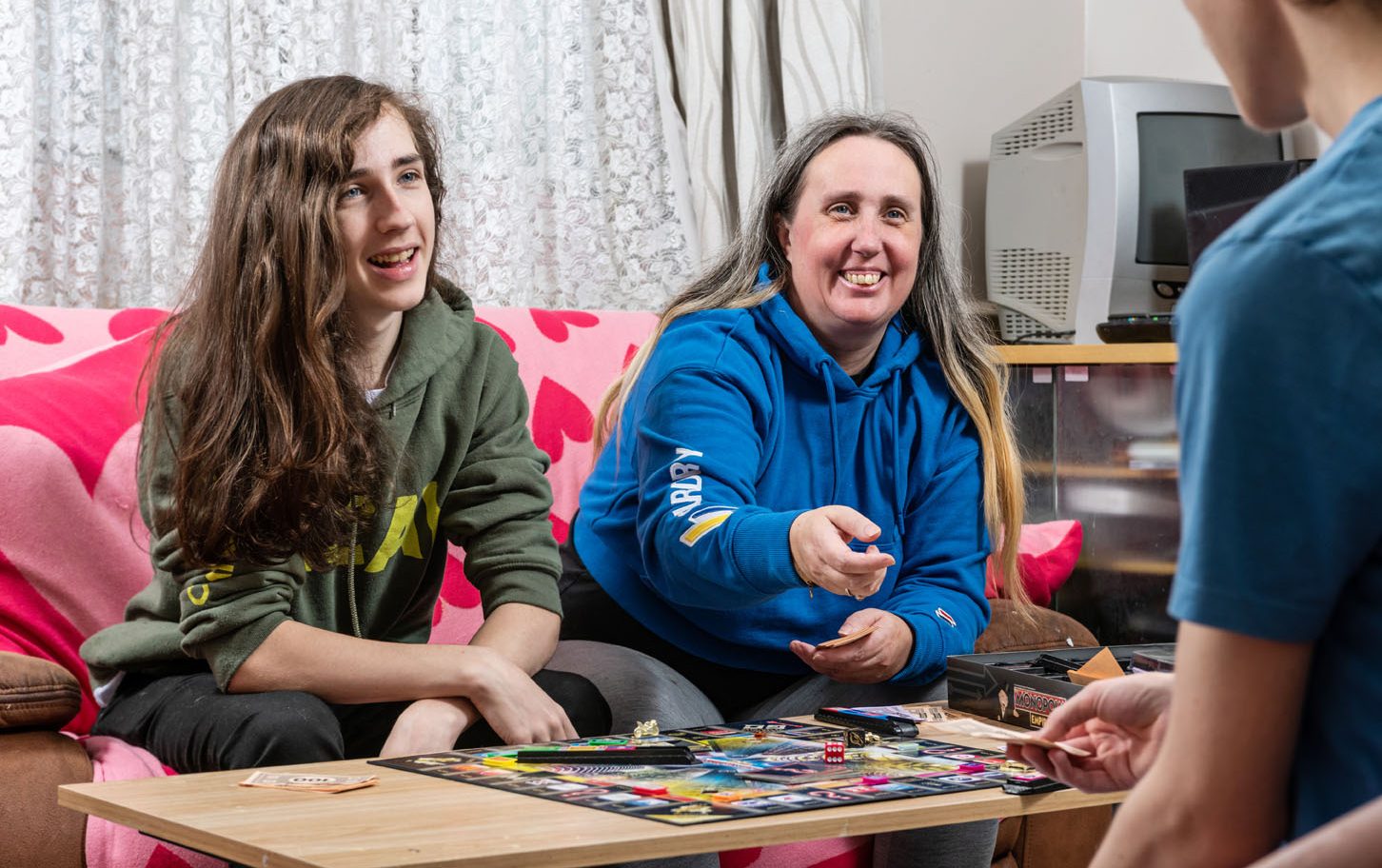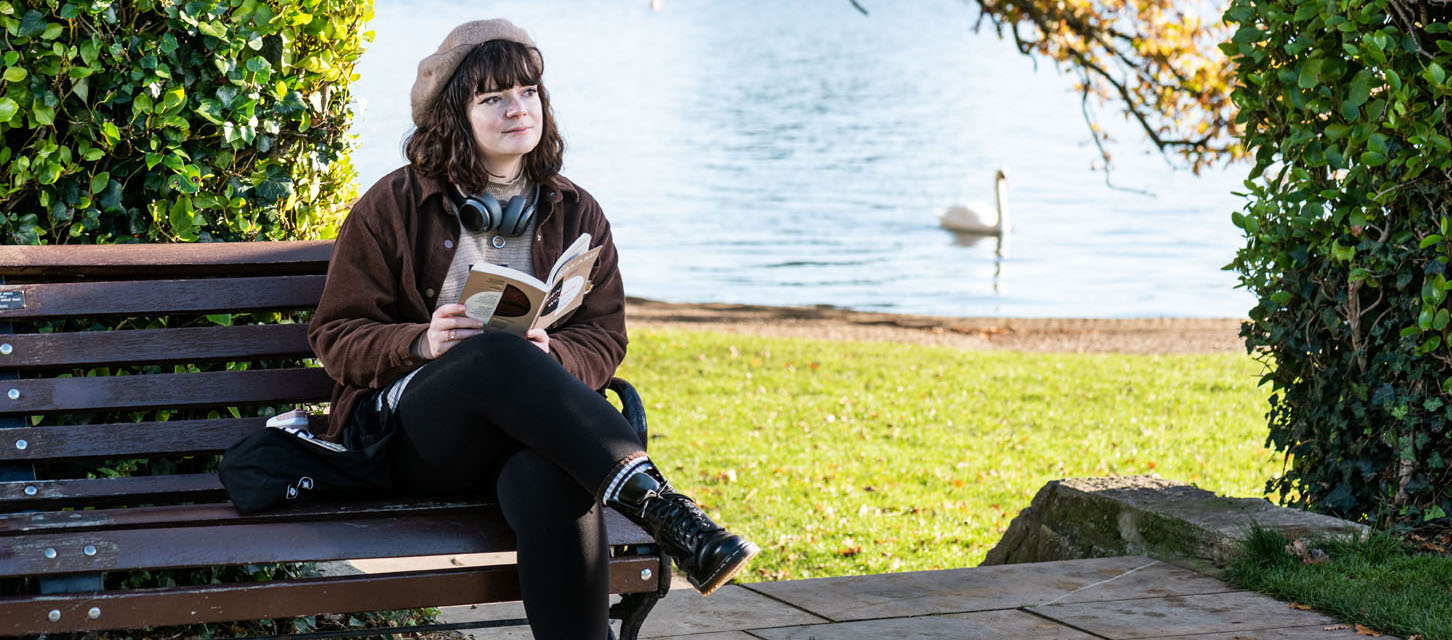Maintaining family relationships and friendships can be challenging for everyone at times. In this article, members of Dorset’s neurodivergent community explain what has helped them to build and maintain supportive relationships.

Family relationships
We all have misunderstandings and disagreements with family members at times, but a supportive family unit that treats you with understanding and kindness can help you to thrive.
Kit explains: “As neurodivergent people, we need people who respect our boundaries and are there as a unit when we need it. Being neurodivergent can make having relationships exhausting but with people that understand you, it can be the biggest support system you can have.”
If you’re the only neurodivergent person in the family circle, that can sometimes feel challenging. Encourage family members to read and understand more about your neurodevelopmental condition and how to support you. This will be important when seeking help, whether this be from your parents, partner or a sibling.
Jack explains: “Use your family and friends as an important resource. I know some people might be more isolated and in those circumstances things are different, but if you do have good connections and people that want to support you, make sure that they know what they can do to help.”
The National Autistic Society website includes helpful information on family relationships.
You can find links to information and advice in the Read Support and advice section of this website that family members may find useful. Family members may also find it helpful to attend courses provided through Dorset’s Recovery Education Centre. Courses are available on a range of topics, including autism and ADHD, with online learning options also available.
“Having an understanding and supportive household can bring a safe space for neurodivergent people who need to decompress from the outside world,” says Kit. “Coming home to a difficult environment can be incredibly damaging, and result in more burnout and meltdowns due to that lack of stability.”
Friendships
Building friendships can sometimes be tricky and hard, but it’s important not to isolate yourself and to seek help if you find yourself struggling in any regard.
The world has been challenging in recent years. Finding local groups to connect with other neurodivergent people could be a good place to start. Neurodivergent people are often drawn to one another; it can be reassuring to be around other people displaying similar behaviours such as bluntness or stimming.
Francesca explains: “Most of my friends now are neurodivergent – either diagnosed, undiagnosed or in the process of diagnosis. We really get each other and we really get that living in a neurotypical world is really tough.”
Kit adds: “Being with like-minded friends can be so beneficial and reduce the risks of mental health struggles that can come with being neurodivergent. Feeling like you don’t fit in is exhausting and with a lack of community, you can really feel depressed and alone, so these connections to like-minded people are essential to development.”
Find more information about support groups and activities in the Find Support section of this website.
You can also look online to see if there’s a local club or meeting area for neurodivergent groups to meet and make friends. Universities sometimes offer societies dedicated to creating safe spaces and allowing people with autism, ADHD and other conditions, as well as clubs and societies you can engage with that are relevant to special interests that embrace unmasking and being authentic.
Advice for partners
Relationships can be tricky for everyone at times but if one partner is neurodivergent, that may create additional challenges that require understanding to navigate.
The National Autistic Society website provides some helpful advice for partners of people who are autistic covering topics including communication, diagnosis and having children.
The ADDitude website includes a helpful article on how to support a loved one who has ADHD outlining a support plan for acceptance.




